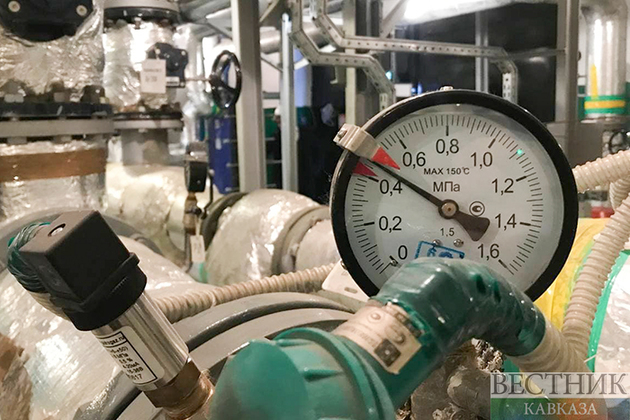Beijing's energy policy will indirectly support Europe. A post-Covid economic rebound will increase the country's appetite for liquefied natural gas, which Europeans covet after shunning supplies from Russia amid the Ukrainian crisis.
Yet, Beijing’s push to hike pipeline imports, use more coal and boost domestic gas production should contain the rise in Chinese demand for the liquid fuel in 2023. That could ease the pain for gas-hungry Europe, Reuters reports.
As Vestnik Kavkaza reported earlier, China is now striving to ensure its own energy security and accelerate economic growth by deepening relations with the Persian Gulf countries.
LNG
In 2021, the People's Republic was the world’s top LNG buyer. But its purchases dropped 20% to 64 million tonnes, or 88 billion cubic metres (bcm) in gasified form the following year, when lockdowns depressed economic activity. Soaring gas prices in Europe meanwhile prompted Chinese traders to redirect U.S. cargos secured through cheaper long-term contracts to the crisis-hit continent for a profit, a trend that may continue. The European Union imported a record 131 bcm of LNG last year, 60% more than in 2021, Kpler data show.
Better economic outlook
China’s economic outlook has brightened after Beijing abruptly abandoned its zero-Covid policy in December. Yet, slumping real estate and weakening exports suggest the rebound will be less overwhelming than when the Asian country first relaxed Covid restrictions in 2021. Top industry body China Electricity Council estimates power consumption, a key gauge of economic activity, will grow just 6% in 2023 against 10.3% in 2021. That’s why Chinese LNG imports are forecast to rise just 7% this year to 94 bcm, according to data provider OilChem China, or 14% below their 2021 peak.
Coal
There are more reasons to believe China’s reopening will not exacerbate Europe’s gas scramble. Hit by power shortages in 2021, Beijing has heavily refocused on coal, which accounts for about 60% of total energy consumption. Last year, China’s coal output rose 9% to a record 4.5 billion tonnes and is expected to increase further in 2023.
Power of Siberia
The government also wants to reduce reliance on volatile and pricier LNG purchases by producing more gas at home, and securing more gas via pipeline, especially from neighbouring Russia. Flows into China through the 3,000-kilometers Power of Siberia network should rise to 22 bcm this year from 15 bcm in 2022, according to S&P Global Commodity Insights.
New price
While strengthening its own energy security, China may accidentally help keep Europe warm. European Union regulators launched a new reference price for liquefied natural gas (LNG) on Feb. 2 as part of plans to cap the bloc’s benchmark gas prices, which soared to exorbitant levels in 2022 as Europe tried to curb its Russian imports.






